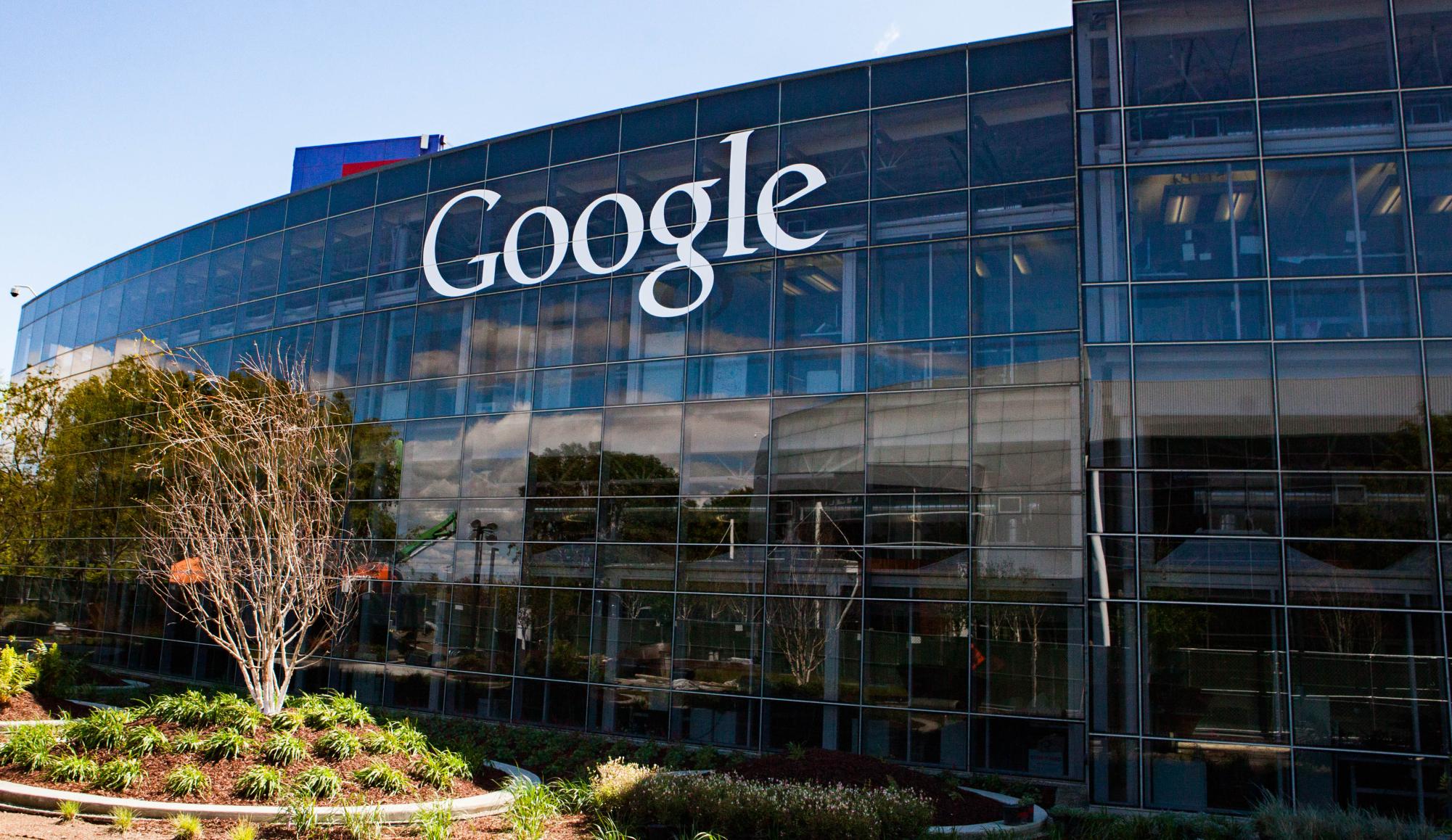In a major legal confrontation, the U.S. Department of Justice (DOJ) has filed an impactful antitrust lawsuit against Google, accusing the tech enterprise of abusing its dominant presence in online search and artificial intelligence (AI) to suppress competition while fortifying and enlarging its overbearing monopolistic influence. The DOJ is seeking an all-encompassing countermeasure to limit the company, including a feasible divestiture of Google’s Chrome browser and a conclusion to special arrangements that ensure Google remains the default search engine across the majority of devices.
Google currently controls over 90% of the global search market, a position endorsed by lucrative partnerships. In 2021 alone, it is said that Google “paid Apple around $18 billion to keep Google’s search engine the default selection on iPhones and other devices,” according to The New York Times. This sum is part of a total $26.3 billion spent on similar accords. These arrangements are the center of the DOJ’s case, which claims that such practices suppress technological competition and innovation.
In August 2024, U.S. District Judge Amit Mehta determined that Google broke antitrust laws by preserving its monopoly over the online search industry. “Google is a monopolist, and it has acted as one to maintain its monopoly,” Mehta stated, according to The Times. The trial has since expanded to examine Google’s integration of AI technologies, especially its Gemini AI assistant, created in response to the rise of OpenAI’s ChatGPT. Testimony revealed that Google pays Samsung an “enormous sum” monthly to preinstall Gemini on its devices, according to Bloomberg—effectively sidelining Samsung’s virtual assistant, Bixby. The DOJ argues that this further cements Google’s dominance by using its control over search platforms to gain an unfair advantage in the rapidly emerging AI market.
To address these concerns, the DOJ is considering several significant remedies:
- Terminating contracts that set Google as the preselected search engine on various devices and web browsers
- Requiring Google to sell its Chrome browser to limit its control over search distribution
- Possibly forcing Google to divest its Android operating system to prevent it from using the platform to maintain its search dominance
Google has resisted strongly, arguing that these proposed remedies are excessive and harmful to consumers by disrupting tightly integrated services and slowing both user and company innovation. According to The Times, “The Justice Department wants Judge Mehta to break up Google by forcing the company to sell its Chrome browser, which could cut off a source of information it uses to improve its internet search.” The company maintains that its success stems from superior products and that users are free to choose alternatives. Reported by The Hill, Jeffery Shinder, co-founder of Shinder Cantor Lerner, an antitrust law firm, said, “Two of the pillars of its power over the internet and the adjacent ecosystems that surround the internet…have been declared unlawful and have a serious cloud over their future.”
This case is part of a broader government objective to minimize the influence that large tech enterprises and conglomerates possess. In addition to Google, other major firms like Meta are under scrutiny, with the Federal Trade Commission pursuing its own antitrust actions in the social media space.
According to The Times, “Judge Mehta’s decision could influence other tech antitrust cases. Since 2020, the DOJ has twice accused Google of violating antitrust laws and sued Apple for making it difficult for users to ditch its iPhones. Meta is in the second week of an antitrust trial over possible illegally stifled competition, while Amazon is involved in a lawsuit that accuses it of limiting the small merchants that use its site.”
The result of this trial has the potential to transform the global digital landscape, establishing new benchmarks for enforcing antitrust laws on Big Tech and shaping future development of digital service distribution. A final ruling on the remedies is expected by August 2025, though appeals are likely to prolong the legal battle for years to come.














